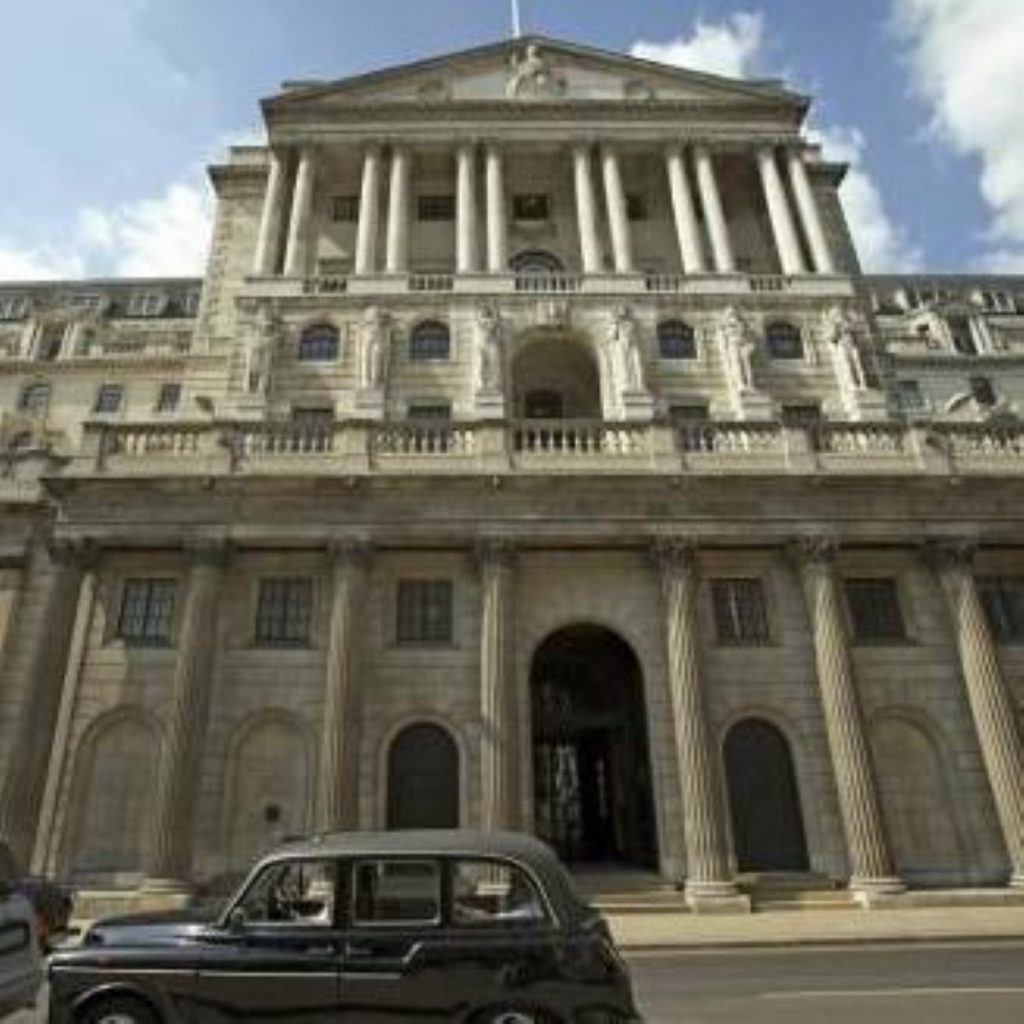Interest rates up to 4.75 per cent
The Bank of England has shocked economists by increasing interest rates to 4.75 per cent.
It was largely predicted that the Bank’s Monetary Policy Committee (MPC) – the body responsible for setting interest rates – would keep the base rate frozen at 4.5 per cent, as it has done for the past 11 months.
But despite unanimously voting for a freeze in July, a majority of the MPC today decided to raise interest rates by a quarter of a per cent.
The Bank pointed out that the “pace of economic activity has quickened in the past few months”, with inflation rising to 2.5 per cent in June, above the government’s two per cent target.
“Against the background of firm growth, limited spare capacity, rapid growth of broad money and credit, and with inflation likely to remain above the target for some while, the committee judged that an increase of 0.25 percentage points in the official Bank rate to 4.75 per cent was necessary to bring CPI inflation back to the target in the medium term,” a spokesman said.
Royal Institution of Chartered Surveyors chief economist Milan Khatri did not believe the rise would have an immediate impact on the economy or the housing market, explaining: “The rise in interest rates comes against a backdrop of strongly rising employment and increasing spending on the high street.”
But he warned: “However if interest rates were to rise further in the coming months, a slowdown in the housing market in 2007 is to be expected.”
British Chambers of Commerce economic adviser David Kern argued interest rates should have been kept on hold.
“In spite of the tentative signs of stronger UK economic activity, raising rates at this time could damage business confidence,” he said.
“In the face of heightened global uncertainties, we strongly urge the MPC to maintain a flexible stance and reject calls for further interest rate increases.”
Peter Booth, national organiser for manufacturing at the transport and general workers’ union (T&G) agreed the rise was bad news for British industry.
“The last month has seen mixed figures on manufacturing, but those companies who are making a tentative improvement will now find conditions more difficult,” he said.
“It will do nothing to improve business confidence in an already beleaguered sector.”





-01.png)